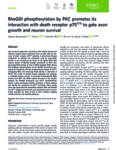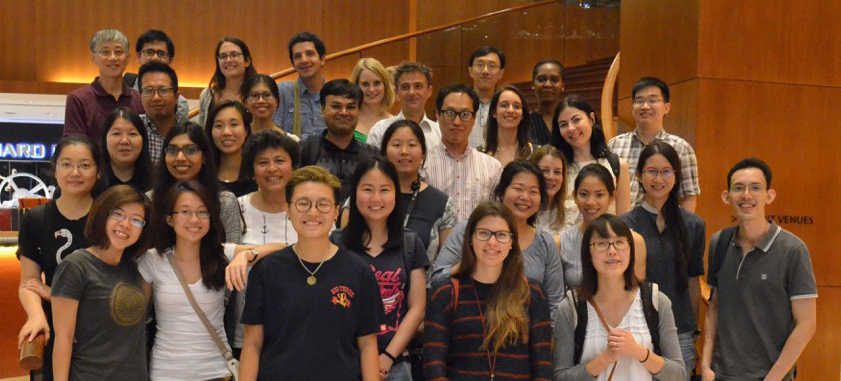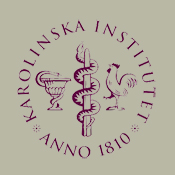The Saturday edition of the The Straits Times publishes today an interview with Carlos Ibanez highlighting the identification a small molecule targeting the transmembrane domain of death receptor p75NTR that induces melanoma cell death and reduces tumor growth (reported in our paper published in Cell Chemical Biology). Read the full article here. Also newspaper Lianhe Zaobao (Chinese Daily) carried a story (in Chinese) on the discovery.
|
|||||
|
Fellows from the KI lab flew to Singapore for a 2 day retreat with the NUS group on 16th and 17th of January 2017. After 4 years of joint lab meetings over Skype, fellows of both groups enjoyed an opportunity to discuss common projects and ideas face to face. We were joined by the NUS and UCSD groups of Prof. Ed Koo and had joint plenary and also parallel sessions, as well as group building activities, as shown in the photo below.
Starting in the Fall of 2012, a new laboratory dedicated to neurotrophic factor research will be established at the Life Sciences Institute (Neurobiology Programme) of the National University of Singapore. The research activities of the NUS lab will run in parallel to and complement with those ongoing at the KI lab. The initial focus of the NUS group will be on genetic studies of death receptor signaling and physiology, as well as the identification of novel, mechanism-based receptor inhibitors. Follow developments in the NUS lab at carlosibanezlab.se/NUS. Carlos Ibanez and Annalena Moliner are heading to Singapore on December 18 for a 5-month sabbatical until May 2011. They will be hosted by Dr. Bing Lim of the Genome Institute of Singapore and Dr. Sai Kiang Lim of the Institute of Medical Biology, located at the Biopolis campus run by the Agency for Science, Technology and Research (A*STAR), Singapore’s lead government agency dedicated to fostering world-class scientific research. They will be working on several of our ongoing collaborative projects with these groups, applying advanced functional genomics and stem cell biology methods to study pancreatic islet development and function in cells and tissue derived from mouse mutants generated at the laboratory. |
|||||
|
Copyright © 2024 Carlos Ibanez Lab @ KI - All Rights Reserved Powered by WordPress & Atahualpa |
|||||



